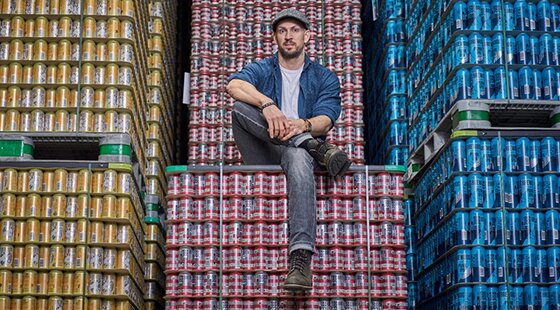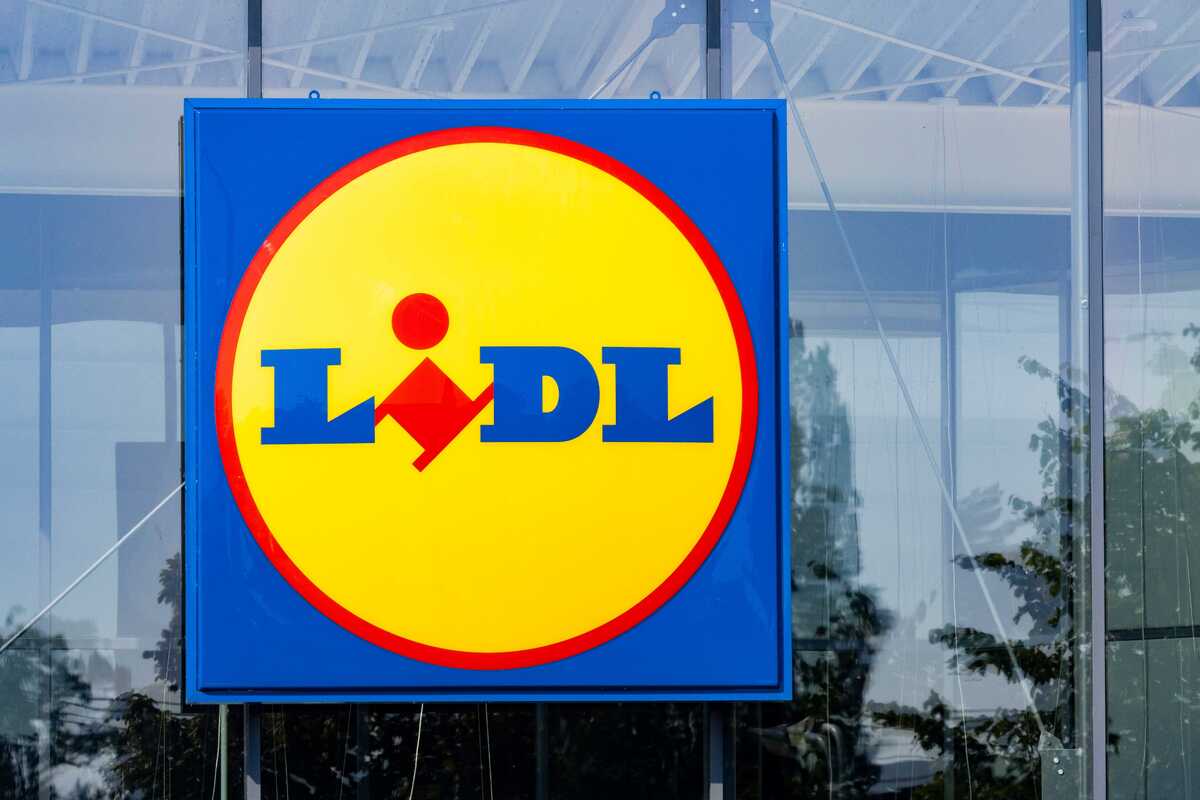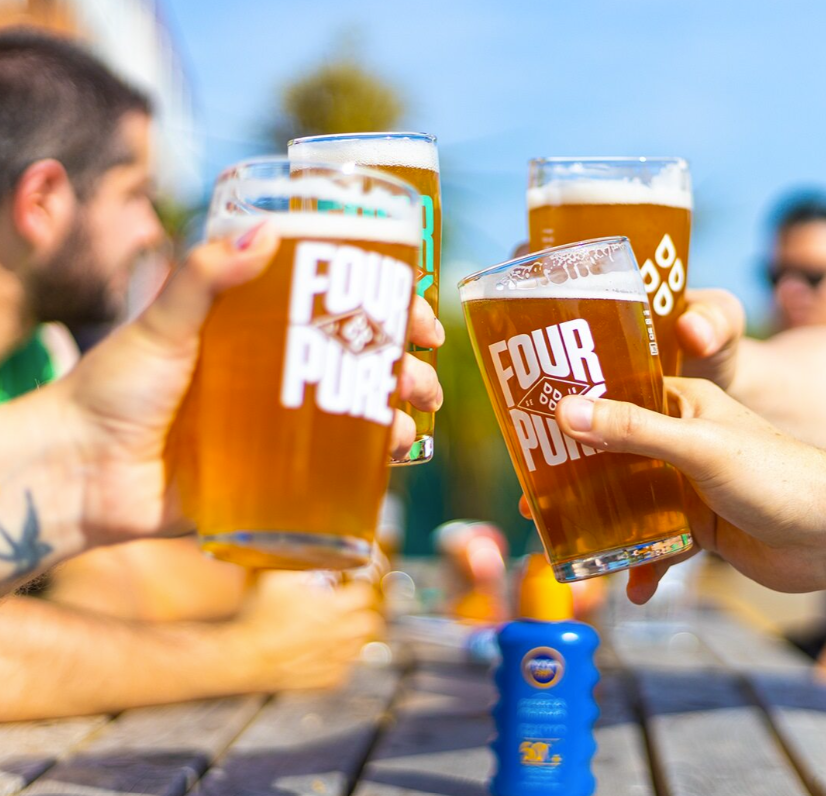BrewDog reports operating loss of £5.5m as pandemic hits trading
BrewDog made an operating loss of £5.5m in 2021, down from £6.8m in 2020, with the brewer and bar group blaming pandemic restrictions and increased internal investment.
The company invested £13m in its sites last year, opening seven new bars and two hotels. A further 30 openings are planned for 2022, including a flagship bar at London Waterloo station.
Revenues rose 21% to £286m, with BrewDog growing its UK sales and market share despite pandemic restrictions being in place for much of the year.
Adjusted earnings before interest, tax, depreciation, and amortisation (EBITDA) increased 79% to £14m, although the the group was hit by “significant losses” across its retail division due to coronavirus rules.
BrewDog hired 839 new people in 2021, bringing its workforce to 2,346, and average salaries across the group rose 3%.
The company said it had completed an “extensive culture review” during the year and improved salary and benefits, invested in mental health provisions, learning and development and HR resources.
It comes after more than 100 former employees signed an open letter last summer accusing BrewDog of fostering a "culture of fear" within the business.
The company admitted it had "made mistakes", while chief executive James Watt (pictured) said he took "personal responsibility" for the situation.
Last month, Watt announced he would donate a fifth of his personal stake in the company, worth £100m, to team members and launch a profit-sharing scheme for the group's bar and hotel workers.
Watt said: “This is about ensuring we win collectively as a team and fully recognise all the hard work our incredible people contribute to making this business a success.”
BrewDog said trading in 2022 had “started well” with bars delivering “record revenues” and a return to profitability.
Watt added: “It’s been an incredible journey. But we’ve only just got started. The next 15 years promises to be even more exciting. The legacy beer brands have had it their own way for over a century and it’s time that changed.”


















